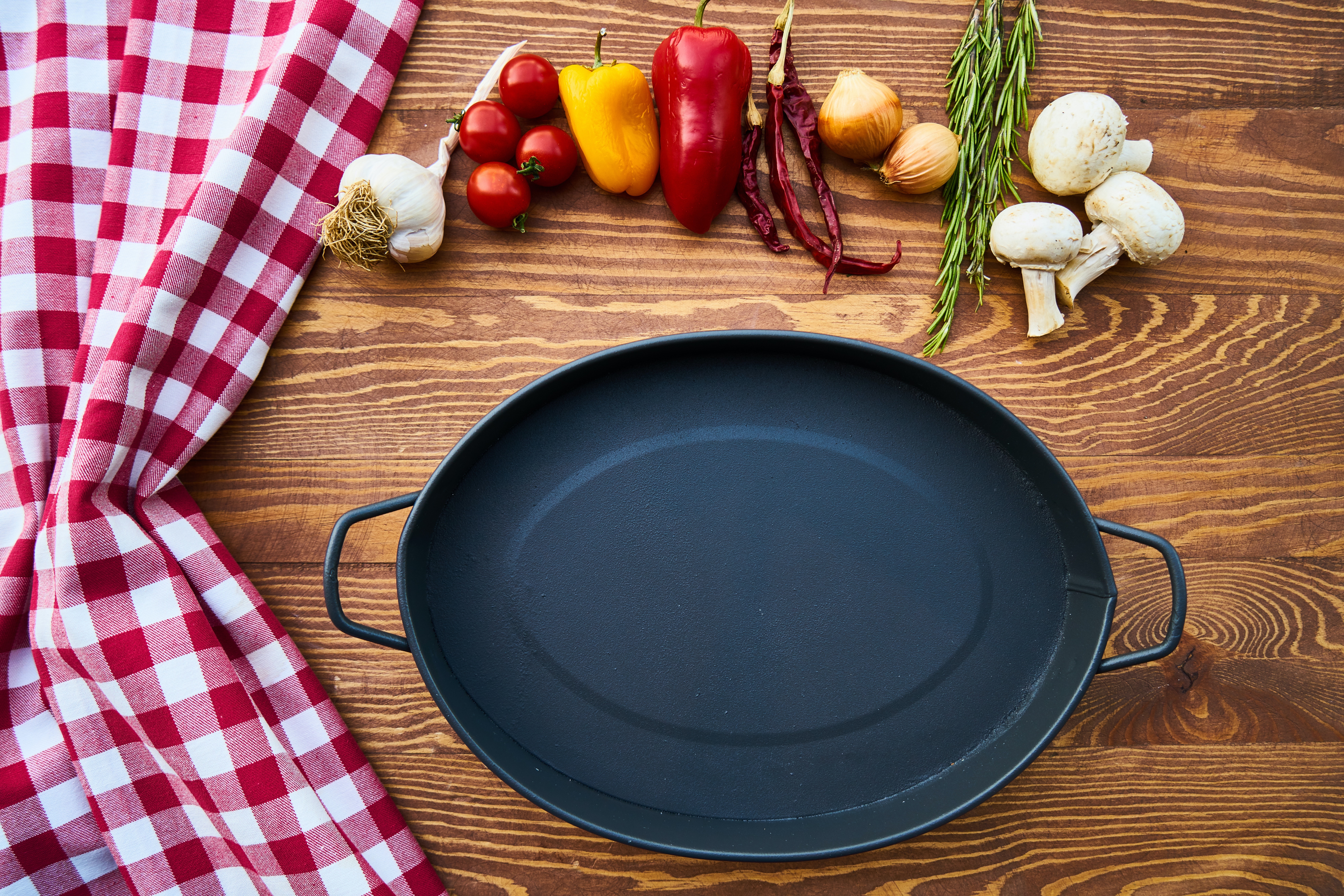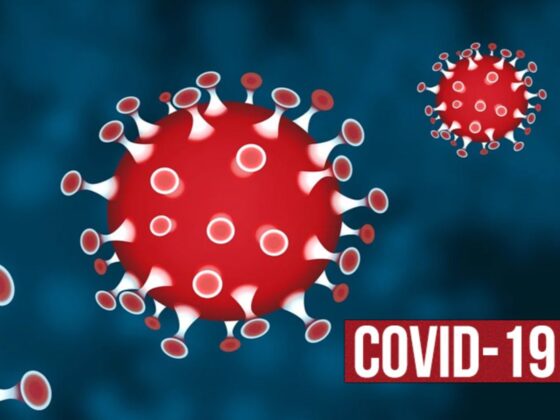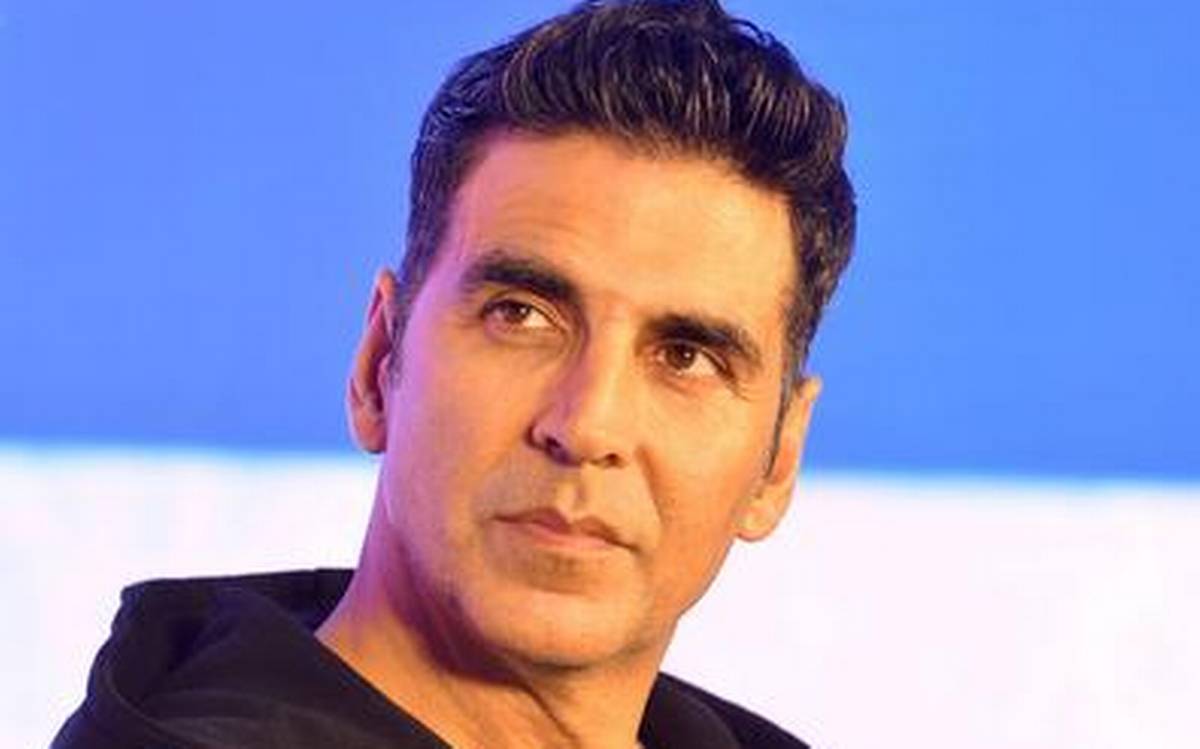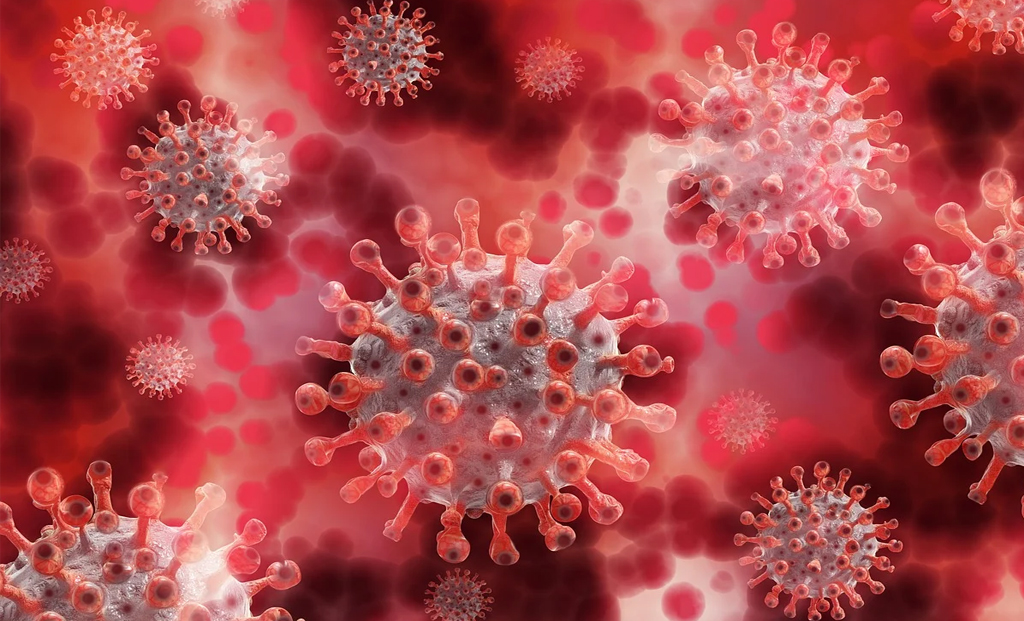-Dr Niranjan Patil, Scientific Business Head, Infectious Diseases At Metropolis Healthcare
India has been at the forefront of the battle against COVID-19 since its outbreak. From implementing national containment measures, practicing social distancing norms to working on developing a vaccine, the country has been at par with the rest of the world.
While Indian scientists and manufacturers from the healthcare fraternity have been religiously working to devise a vaccine for its people, we must agree that quicker and efficient results can also be achieved using a collaborative approach.
One such success story is that of India’s mutually beneficial partnership with Russia in bringing to light the Sputnik V vaccine. Both nations come with their expertise in research, technology, and production. The two nations have come together for the larger benefit of mankind.
One of the vaccine candidates in Russia’s Sputnik V, the world’s first registered vaccine based on a well-studied human adenoviral vector-based platform. The vaccine is named after the first Soviet space satellite. After the start of the COVID-19 pandemic, Russian researchers extracted a fragment of genetic material from novel coronavirus SARS-COV-2, which codes information about the structure of the spike S-protein, which forms the virus’ “crown” and is responsible for connection with human cells.
They inserted it into a familiar adenovirus vector for delivery into a human cell creating the world’s first COVID-19 vaccine. In order to ensure lasting immunity Russian scientists came up with a breakthrough idea to use two different types of adenovirus vectors (rAd26 and rAd5) for the first and second vaccination, boosting the effect of the vaccine. Hence, Sputnik V is a two-vector vaccine against coronavirus.
In September 2020, Dr. Reddy’s and RDIF entered into a partnership to conduct clinical trials of the Sputnik V vaccine and its distribution in India. As part of the partnership, RDIF shall supply 100 million doses of the vaccine to Dr. Reddy’s upon regulatory approval in India. In India, the Russian Direct Investment Fund (RDIF) has agreements with four large manufacturers.
In December 2020, the Russian Direct Investment Fund (RDIF) and Dr. Reddy’s Laboratories initiated the clinical trials of the vaccine.
In February 2021, The Indian drug regulator’s Subject Expert Committee met to discuss Dr Reddy’s application seeking emergency use approval for Sputnik V. The Russian vaccine also underwent the phase 3 clinical trial in India. Here, the trials were being conducted on 1,600 people. Sputnik V maintained a consistent efficacy at 91.8% even among the group of 2,144 volunteers over 60 years old.
The most recent feat in the collaboration is that Stelis Biopharma, the biopharmaceutical arm of Bengaluru-headquartered Strides Pharma Science, will be making and supplying at least 200 million doses of Sputnik V. The latest agreement is expected to increase India’s capacity to make this vaccine to around 550 million doses a year. Stelis is the fourth Indian company to partner with RDIF for Sputnik V and will be the third manufacturer of the Russian vaccine here. The other being Hyderabad-based Gland Pharma, Hetero Biopharma, another Hyderabad firm, and Dr. Reddy’s Laboratories. Virchow Biotech is the fourth Indian company to sign a production agreement with RDIF.
Chairman of the Government’s empowered group on management of the national effort against COVID-19 pandemic, Dr. V K Paul recently stated that the Government is expecting a positive development on the Sputnik V vaccine soon, and upon approval, it could possibly be manufactured on a big scale by as many as five companies in India.
India has acted as the hub for testing samples of the Sputnik V vaccine, which were also produced in the country. The country has taken the onus of producing a million doses of the vaccine- both for local use as well as for export. This is to say that with India’s image as the world’s biggest vaccine maker and world-class production and export capabilities, it is the ideal partner to Russia’s long-standing track record as medical pioneers.
In the past, Russia and India have been engaging on several fronts—strategic, nuclear, engineering. With all eyes on the medical fraternity now, the pharmaceutical industry is presently at the center of Indian-Russian economic ties and their joint struggle against Covid-19 will help overcome the social and economic disruption caused by the pandemic.
With respect to vaccine research and production, India has been agile, forthcoming, and has taken a participatory approach.
To curb the spread of the virus, it is imperative to offer more choice if India wants to vaccinate a large section of the population. We must therefore look beyond the existing vaccines and continue to accommodate the others.











